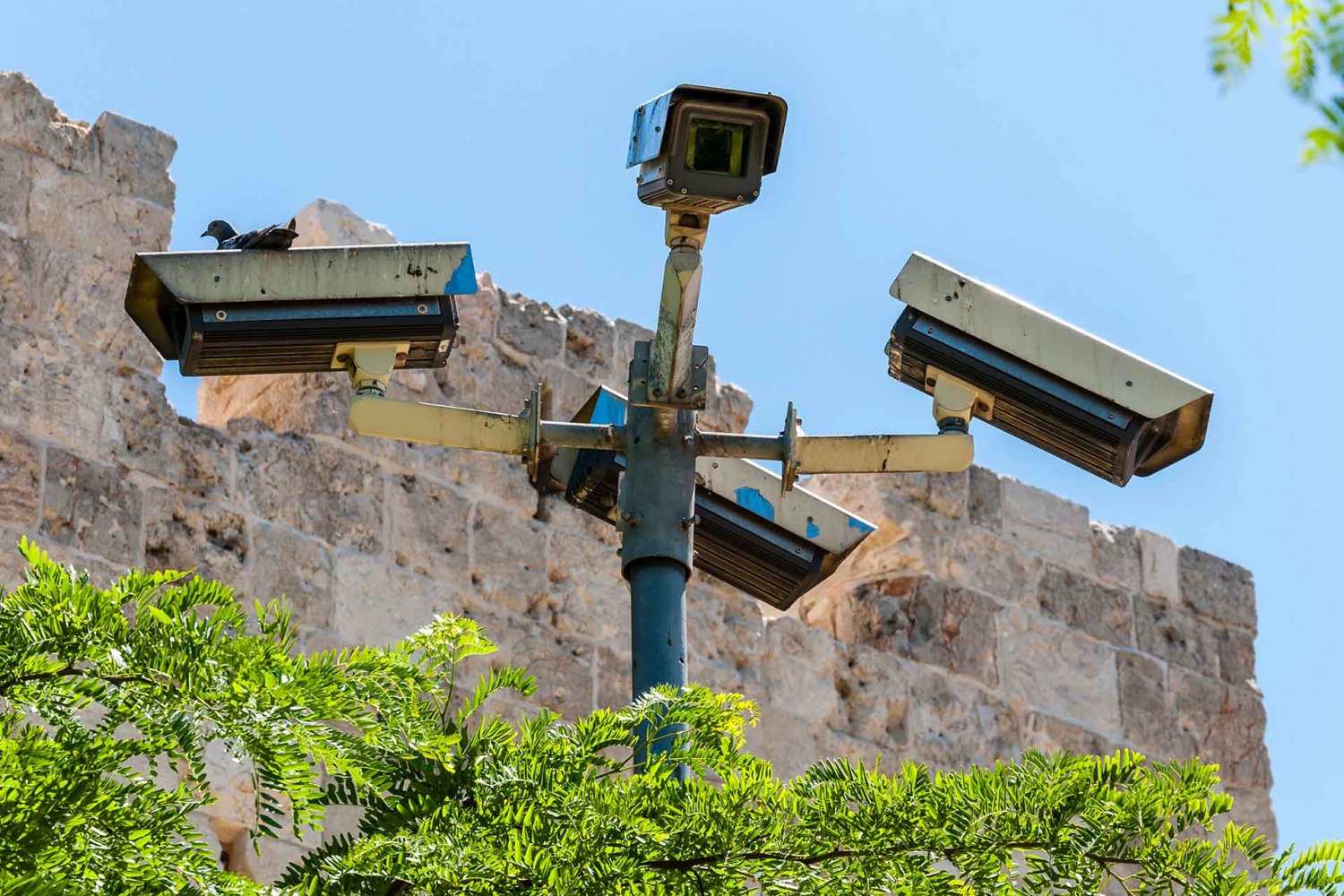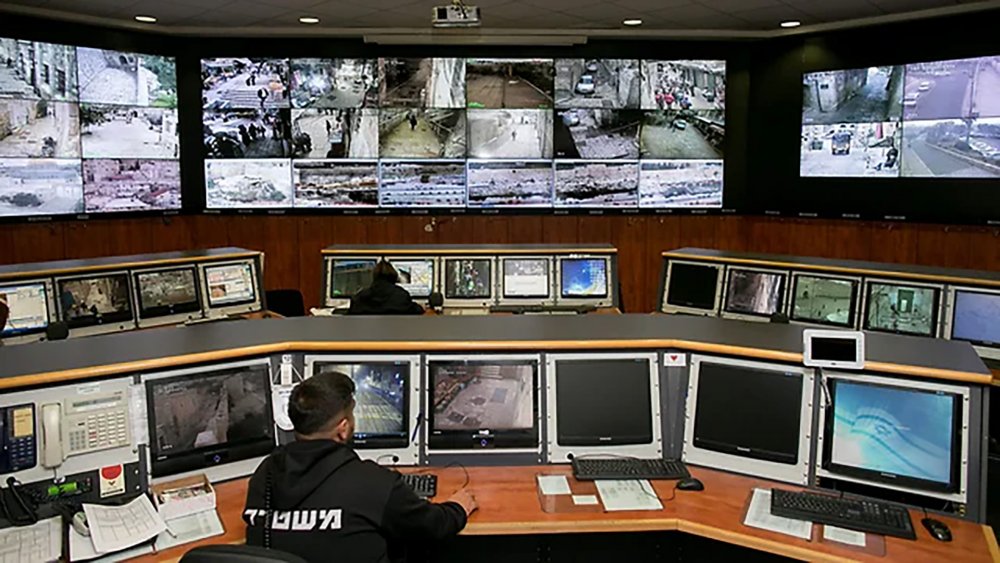A major investment firm, ASN Impact Investors, is urging the Dutch tech company TKH Group to implement human rights safeguards regarding the surveillance technology used in East Jerusalem. ASN has given TKH a year to conduct due diligence or risk disinvestment due to concerns over draconian surveillance of Palestinians in occupied East Jerusalem.

Credit:
Shutterstock
Dutch Investor Demands Human Rights Safeguards in East Jerusalem Surveillance Operations
Snapshot
Industry is noticing the malevolent application of surveillance against one of Jerusalem’s populations and taking steps to intervene.
East Jerusalem
This demand follows reports highlighting the deployment of TKH cameras in Israel’s biometric surveillance system notorious for violating the rights of Palestinians. Last year, Amnesty International published an extensive report, titled “Automated Apartheid: How Facial Recognition Fragments, Segregates, and Controls Palestinians in the OPT.” The report details how Israel’s coordinated network of facial recognition-enabled cameras—utilizing systems like “Mabat 2000” (in East Jerusalem) and “Red Wolf” (in the rest of the West Bank)—tracks Palestinians and enforces severe restrictions on their freedom of movement. “Mabat” is an acronym in Hebrew that stands for “technological surveillance system.” But the word in Hebrew also means “gaze.”
Commenting to Ynet News back in 2015, Doron Turgeman, commander of the Jerusalem Police’s David district, said, “We have a 95 percent identification rate, there’s nothing like it anywhere else. I think any police commander would dream of something like this.”1 The network consists of thousands of CCTV cameras, as many as one to two every five meters.2 Since 2017, Israel has been upgrading the system to include facial recognition.
Amnesty International characterizes these practices as part of a broader system of apartheid against the Palestinian people.3
“Automated Apartheid” identified the use of cameras made by TKH in occupied East Jerusalem, likely to be part of the Mabat 2000 networked facial recognition system. This system, initially launched in 2000 and upgraded since 2017, has given Israeli authorities unparalleled control and surveillance capabilities over Palestinians’ daily lives in East Jerusalem. This heightened surveillance has enabled arbitrary restrictions on their rights to freedom of movement, expression, association, and peaceful assembly.
In a statement,4 Amnesty International welcomed the Dutch investor’s call for human rights due diligence policies, stating it sets an important precedent for ensuring corporate accountability and pushing investors to account for the actions of the beneficiaries of their investments.
“This is particularly urgent in light of Israel’s escalating surveillance-enabled crackdown on freedom of movement, association, and peaceful assembly,” remarked Matt Mahmoudi, Amnesty International’s interim head of the Silicon Valley Initiative. He emphasized that providing hardware or software that supports apartheid, a crime against humanity, must not be tolerated.
In response to the findings of the “Automated Apartheid” report, ASN stated it is engaging with TKH to develop appropriate due diligence policies to prevent similar situations in the future, Amnesty International reported.
TKH has one year to meet ASN’s requirements, or the investment will be terminated. “This is the heaviest tool in ASN Impact Investors’ toolbox,” explained ASN to Amnesty International.5
Notes
Roi Yanovsky, “Jerusalem’s Mabat 2000: Catching Terrorists in the Act,” Ynet News, November 18, 2015.
“Israel Using Previously-Unreported Facial Recognition System to ‘Automate Apartheid’ against Palestinians—New Report,” Amnesty International UK, May 2, 2023.
“Automated Apartheid: How Facial Recognition Fragments, Segregates, and Controls Palestinians in the OPT,” Amnesty International, May 2, 2023.
“Dutch Investor Pushes for Human Rights Safeguards to Stop Use of Surveillance Technology against Palestinians,” Amnesty International, July 4, 2024.
“Dutch Investor.”

